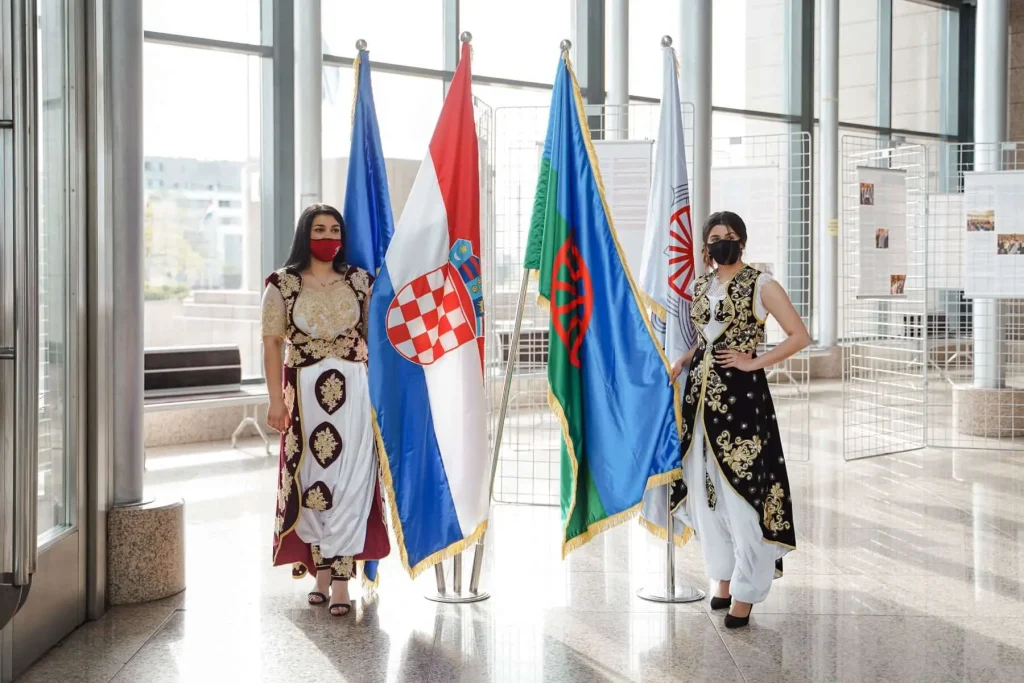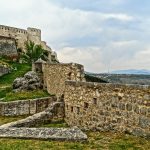Croatia is marking the 26th Anniversary of Operation Storm, a military action that, on August 5, 1995, marked the liberation of occupied territory (apart from Eastern Slavonia, which was returned to Croatia later on during peaceful reintegration).
Victory Day is filled with pride, but for some, there is a shade of bitterness as a result of the questionable treatment of civilians and prisoners of war that to this day continues to divide the opinion of the Croatian public and remains a topic of numerous historical debates.
As noticed by the Youth Initiative for Human Rights (YIHR), things changed significantly in 2020. This came as a result of moves made by Croatian politicians, not only with words but also by their honouring of Serbian civilian victims in Varivode and Gruber.
”Last year’s anniversary was marked by changes in the official policy towards Operation Storm (Oluja), known in Croatia as Victory Day (Dan Pobjede) and Homeland Thanksgiving Day (Dan Domovinske Zahvalnosti). August 2020 saw the public space filled with messages about reconciliation, dialogue, the importance of facts, condolences for war crime victims, and appeals for a conversation about different views on Operation Storm in both Croatia and Serbia,” said YIHR.
With 2020 evoking feelings of sympathy for all victims of the Homeland War, a significant step was also made back in 2019 to recognise that not only ethnic Croats fought for the freedom and independence of their country.
“We defended Croatia Too: Roma People in the Homeland War“, is a monography by Borna Marinić which was presented in 2019. It was the first publication to gather info on the contribution made in the war by the often discriminated against and socially isolated minority in Croatia. The presentation was held in the “Zvonimir Home” of the Croatian military in Zagreb. The publication was the first to really delve into the contribution of Roma in the Homeland War.
The promotion gathered many VIP attendees of political and military Croatian authorities at the time. Marinić, a historian and the editor of the website ”Dogodilo se na Današnji Dan” (It Happened on This Day), pointed out that not a lot is known about the actions of the Roma in the Homeland War, and this lack of documentation was the biggest problem he had to tackle when it came to verbal storytelling from witnesses.
”I visited Roma veterans and their commanders as well as other relevant people across Croatia, recording their statements and testimonies about the Homeland War,” said Marinić. His research saw more than 50 people interviewed, but the total count of Roma people who participated in the war still remains unknown.
Dr. Martin Previšić pointed out while reviewing the book that it doesn’t provide readers with a linear story of the war’s history, but rather an authentic view on the hell of wartime and the solidarity which trumped very many differences.
”Vukovar, Baranja, Pakrac, Novska, and Karlovac were places in which Croatia was defended, but they were also places where Roma people gave their tribute to that same defense,” said Previšić.
Veljko Kajtazi, a member of the Croatian Parliament, elected as a representative of the Roma community, attended the representation, delighted to see that this important but unexplored subject was finally being tackled by a researcher in the first-ever book published on the topic. He pointed out, however, that this book cannot be viewed as an encyclopedia as it didn’t record the experiences of all Roma people, nor does it have all of the information from all fronts, but it is a terrific base for further research.
”I’m grateful to my fellow Roma people who shared their stories and whose faith is the cornerstone of this book. I felt the obligation for Roma people to come forward and present themselves in a different light. Roma people, in large numbers, defended Croatia and gave their contribution to the defense in key moments,” concluded Kajtazi.
Kajtazi talked about the need for Roma people to begin presenting themselves in a different light and stated that there are definitely numerous issues caused by stereotypes that Roma people are involved in crime and as such can’t be trusted.
As TCN previously wrote, The Human Rights in Croatia 2020 Overview report by Human Rights House Zagreb noticed how Roma people in Croatia still face very many obstacles in achieving their rights, which include employment, access to services, and adequate living standards, and there is still segregation in the Croatian education system too.
Additionally, the global issue of COVID-19 brought new problems for Roma people in regard to vaccination against COVID-19, a topic both Kajtazi and the Croatian Public Health Institute (HZJZ) spoke about for TCN.
Roma people helped Croatia during the darkest of its days as a new and young country. Respecting and working on actively including Roma people in our society as equals is the very least Croatia can do in return.
Learn more about Croatian politics and history from the 1990s on our TC page.
For more about science in Croatia, follow TCN’s dedicated page.











